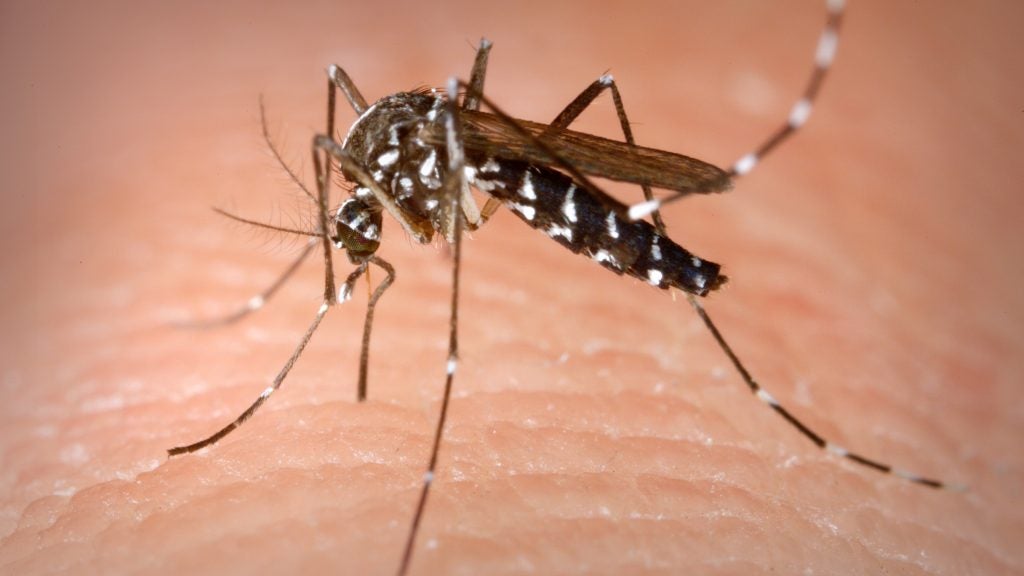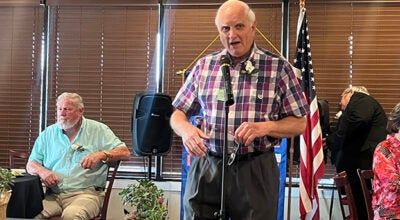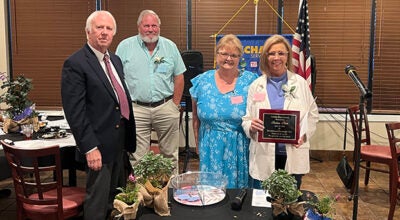More WNV, but Lincoln Co. unaffected
Published 9:07 pm Wednesday, August 22, 2018

- Mosquito
West Nile cases are piling up across Mississippi and Louisiana, but so far the virus has not stung Lincoln County this season.
Louisiana officials say 31 people there have contracted the flavivirus, and the Mississippi State Department of Health is reporting 25 cases here, with the highest concentration — 10 infections — in Hinds County. State Epidemiologist Paul Byers warned Monday that Jackson residents should be especially mosquito-aware.
“We have seen a large proportion of the reported cases this year within the city of Jackson. Mosquitoes that have tested positive for West Nile have also been identified in the city,” he said. “While all Mississippians are potentially at risk for WNV infection — regardless of the city or county in which you live or whether cases have been identified in your area — we are especially urging Jackson residents to take precautions against West Nile.”
In Mississippi, the cases are spread out between Adams, Calhoun, Copiah, Forest, Harrison, Hinds, Itawamba, Jones, Madison, Marion, Oktibbeha, Pearl River and Washington counties. Behind Hinds County, Adams, Calhoun and Forest counties have two infections each.
Last year, Mississippi had 63 West Nile cases and two deaths. Two cases were in Lincoln County.
Mississippi remains in peak season for West Nile, which runs from August through September. The mosquito-borne illness may present itself through symptoms such as fever, headache, nausea, vomiting, rash, muscle weakness or swollen lymph nodes. In a small number of cases, infection can result in encephalitis or meningitis, which can lead to paralysis, coma and death.
Most people infected with the virus recover without long-term problems, but some infections — especially those in senior citizens — can be severe.
The health department recommends wearing mosquito repellent when outdoors, wearing long clothing to cover the arms and legs and avoiding areas where mosquitoes are prevalent. It also important to keep homes and property free of standing water, in which mosquitoes lay their eggs.
“An old tire is the No. 1 water source for mosquitoes to breed,” said Scott Williams, a technician with Vector Disease Control International. “A tire always has water in it, and it’s a prime breeding ground.”
Williams’ VDCI is contracted through the City of Brookhaven and runs nightly routes during the summer months, fogging city streets with mosquito-targeted pesticide. The company also sets traps in each ward and, once the traps collect enough mosquitoes, sends them to the health department for testing.
If a trapped mosquito is a carrier for West Nile, VDCI targets the area with increased pesticide. No traces of the virus have been found in Brookhaven this year.
The health department keeps more information on West Nile and other mosquito-borne illnesses available on its website at HealthyMS.com/westnile.





